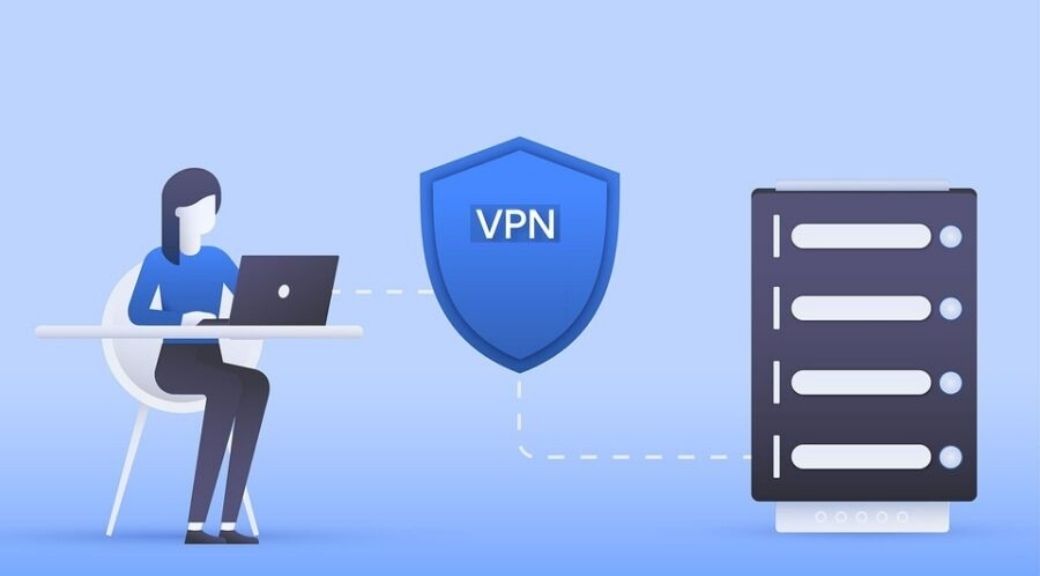A VPN or Virtual Private Network is an important internet tool that helps you protect your sensitive data when you’re online browsing through the content, or sharing information. Whether it is government authorities or cybercriminals keeping an eye on your internet history or online activities, you run the risk of having your sensitive data exposed to the outer world, to different ransomware threats and malicious attacks.
When you use a VPN, you bade goodbye to the fears of being tracked or hacked by third-party individuals. VPN uses high encryption protocols to ensure that the data sent from your personal device goes through an encrypted channel to its secured destination. If you’re wondering how exactly VPN helps you protect your sensitive data, here are the top three ways:
Recommended: Best VPN Apps for Android Clients

Contents
How can you protect your sensitive data using a VPN?
1. Unblocking restrictions on global content:
It depends on your geographic location if you would be allowed to stream certain content online or access some websites. A VPN allows you to bypass these geo-restrictions by helping you operate through remote servers. As you can choose between many servers across the globe, you’ll enjoy access to global content and the restrictions of your network provider won’t apply to you.
2. Prevents surveillance:
One has no online freedom these days, in relation to the content they browse. Even third party websites you visit collect your information in cookies and give you very personalized results. The government agencies are always behind your back, tracking every move you make. Though this is not a sequel of the Netflix Series You, there are other strangers on the internet who keep an eye on your browsing activities, always looking for loopholes and storing sensitive data they can find. When you use a VPN, all the data you exchange happens through secure encrypted tunnels. None of the activities can be traced back to your real IP address. As you’re provided with a remote IP address, a VPN does not let anyone track your activities or store your information.
3. Provides online anonymity:
While browsing the web, even third-party websites collect your information in the form of cookies, and due to this, you’ve to operate within the price and other geo-restrictions. You’re shown only a few results as per your personalized identity, searches and locations. VPN makes your IP address untraceable, hence you become entirely anonymous online. Neither can third-party websites keep an eye on your activities nor can they breach your internet traffic if you use a VPN.
To read more about the benefits and functionalities of a VPN, check out techrobot.
Recommended: Can VPN Protect the Banking Sector from Cyber-Attacks?
How does a VPN protect your data?
If you’re wondering about the technicalities that make it possible for a VPN to protect your data, read on. When you connect to a VPN, you’re provided with the option of choosing from a range of private servers across the globe. Once you select a private remote server, all your data is transferred to that server, hence giving the impression that you’re located in that server which might be the other end of the world.
Furthermore, a VPN uses encryption protocols of the highest degree, to ensure that all the internet traffic arising from your network cannot be, in any way, intercepted by another third party. If you’re connected to the public internet, you can become an easy victim to strangers on the internet snooping on you, having malicious intentions. A single-shared network connection is created, whenever you’re transferring data or exchanging information. All VPNs also have a no-log policy, that implies, the minute you’re disconnected from the server, all information shared erstwhile would be deleted instantly, hence keeping no loopholes open for cybercriminals and hackers.
Related Post:
